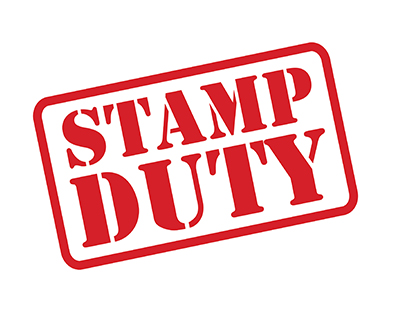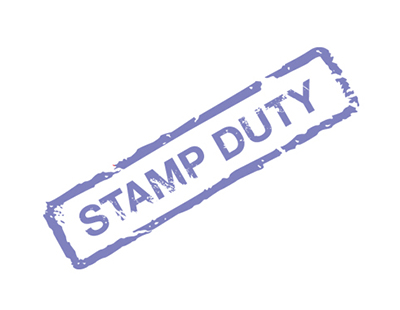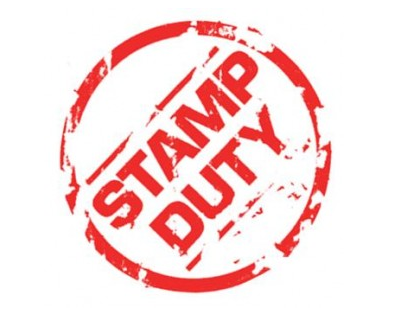Today’s the day when Parliament debates a possible extension to the stamp duty holiday beyond its March 31 cliff edge deadline - but there’s a hardening of views amongst property experts that MPs will reject industry calls.
The debate lasts 90 minutes beginning at 4.30pm and will focus on an online petition - now with well over 135,000 signatures - requesting a six month extension. There will be no vote but a government minister responds to the petition, indicating any policy change - or not.
However, experts in our industry have suggested a phased ending to the holiday, if not a complete extension, as a way of escaping a dramatic cliff-edge which could deny tens of thousands of buyers the stamp duty saving they hope for.
So will MPs support such a move?
Unlikely, according to Sean Randall, a partner at Blick Rothenberg law firm and chair of the Stamp Taxes Practitioners Group.
He has told the Knight Frank agency: “My sense is that it was considered but won’t happen, especially if the housing market stays open. I would always allow for a last-minute U-turn but it is helpful to think of the holiday as one part of a package of measures to help the economy not just the housing market. Some deals will be impacted but a lot of people will just renegotiate.”
Knight Frank has long advocated stamp duty reform because it calculates for every 100,000 housing transactions there is a boost to the economy of almost one billion pounds - with consequential tax benefits to the Treasury.
But Randall says one benefit of the stamp duty holiday to the wider economy - helping to create jobs - has now been exhausted. “Realistically it’s now too late. The holiday was about protecting jobs and the expected rise in unemployment will not happen before Budget” he tells Knight Frank.
He also suggests that with substantial evidence to suggest the number of Coronavirus infections is now falling, the government will want to consider ways of recouping the vast expenditure it has committed.
Stamp duty accounts for around £12 billion of the government’s £635 billion annual tax revenues - this is not a huge slice “but every bit of revenue is significant as the government attempts to re-balance the books” says Knight Frank.
Another analyst not expecting a stamp duty holiday extension - and doubting the need for such a holiday in the first place - is PropTech entrepreneur Anthony Codling, a former market consultant for investment service Jefferies.
“The main problem with extending the deadline is that it just pushes the problem of the deadline further down the road. If, after nine months there are many people about to fall into the cracks and miss out, extending the holiday by six months will just lead to a whole new cohort of people in the deadline danger zone” he writes on the blog of his PropTech service Twindig.
“There is also compelling evidence that the Stamp Duty Holiday has made homebuyers worse off than they were before it …
“… In England, average house prices have risen by £15,750. Stamp Duty savings are £3,337, a net increase of £12,414. You might therefore say that the Stamp Duty Tax holiday has led to a house price 'tax' of more than three times the stamp duty saving. A case of robbing Peter to pay Paul, Jane and Mary.”
In this afternoon’s Commons debate Elliot Colburn MP, a member of the Petitions Committee, will lead the session.
Jesse Norman MP, Financial Secretary to the Treasury, will respond for the government.





/HousesofParliament-3-400x310.jpg)













%20A%20property%20tale%20for%20our%20times.png)








Join the conversation
Jump to latest comment and add your reply
While we won't get a decision today, the responses of Jesse Norman should reveal the government's view. The problem is that an extension to the deadline is just an argument for moving the cliff edge: it lacks any kind of persuasiveness. A better approach has always been to call for reform, reduction or abolition of stamp duty.
A gradual re-introduction is the only logical solution in the short term. As the above comment says, moving the date is just moving the cliff edge. A gradual-introduction over 3 months is wiser. 25% month one, 50% month 2, and 75% SDLT month 3, then a full return from there. A lot less house sales will terminate with this set up AND the revenue will start to enter HMRC's coffers sooner.
Please login to comment